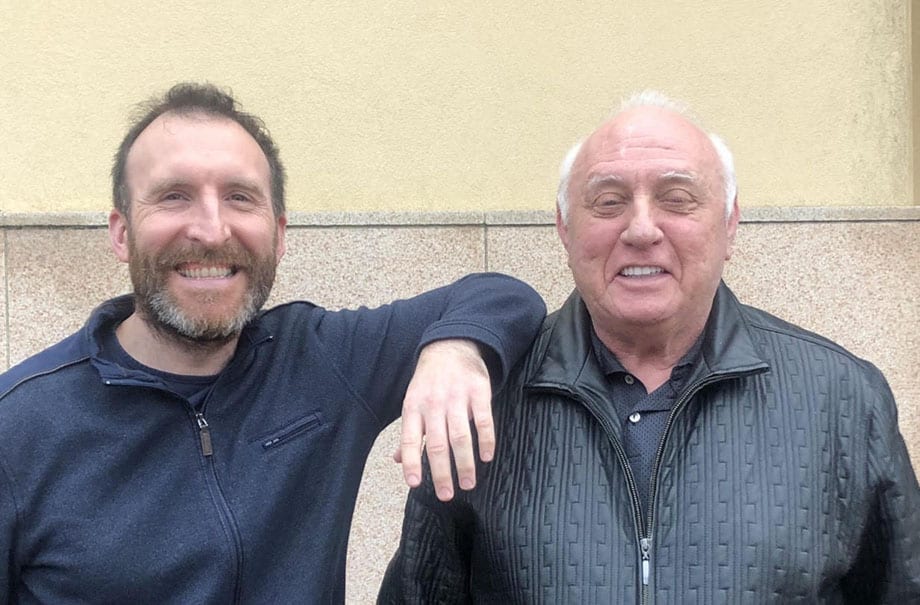David Epstein is the author of The Sports Gene and Range. In this second part, we explore the work of David on Range and his fascinating thesis on becoming a generalist instead of a specialist.
RANGE
How Generalists Triumph in a Specialized World
10,000 hour rule. Deliberate practice
Roger vs Tiger
Boy 1
Tiger Woods playing golf since age 2.
Constant mastery coached by father.
Boy 2
Roger Federer playing all sorts of sports for most of childhood.
Gravitated towards tennis eventually.
Specialists vs Generalists
Tiger Woods is the Archetypal Specialist
Roger Federer is the Typical Generalist.
Rogers story is more typical.
Vasyl Lomachenko, Michael Jordan, LeBron James, Tom Brady or Nick Foles—all of them exceptionally successful in at least one other sport?
Klein vs Kahneman,
Findings of Gary Klein and Daniel Kahneman, experts in the study of human decision making.
Both of them had spent years studying the connection between experience and performance, but, strangely enough, they had reached quite different conclusions.
Klein studied firefighting and naval commandeers and realized that between 80 and 95 percent of their decisions are made “instinctively and in seconds,” Recognize patterns. Chess the same.
Daniel Kahneman discovered something far more peculiar than this. unable to guess correctly assess an officer candidate, no matter how many times they tried. Barely better than random chance.
In 2009, Kahneman and Klein decided to collaborate on a paper and find common ground.
Kind vs Wicked Learning Environments
Whether or not experience inevitably led to expertise… depended entirely on the domain in question. Narrow experience made for better chess and poker players and firefighters, but not for better predictors of financial or political trends, or of how employees or patients would perform.
And the reason for that?
The learning environment inherent to the field in question!
Kind working environments
Rules of the game are clear
Patterns repeat over and over, and feedback is extremely accurate and usually very rapid.
Golf or chess or playing the guitar or programming.
Hit it this hard and the ball doesn’t reach the hole; consequently, you should hit the ball with less force the next time.
When you make a mistake, you know that you’ve made a mistake, and you try to correct it on your second attempt.
Repeat this for years and you’re bound to become an expert.
Wicked learning environments
The rules of the game are often unclear or incomplete
Surgery, Psychology, or Poetry
There may or may not be repetitive patterns and they may not be obvious and feedback is often delayed, inaccurate, or both.
There are no discernible repetitive patterns, and the feedback is slow.
Practice and experience help little in these cases.
What to do
Allow yourself to become a Jack-of-all-trades before you naturally start investing your time and attention into one particular discipline.
David Epstein’s key pieces of advice to help you on this journey are the following ones:
1. Experiment
2. Don’t feel behind
3. Remember that there is nothing wrong with specialization
Start specializing in some area, at some point or the other, to one degree or another.
How and Why to Become a Generalist:
Robots replace work in kind working environments
As a rule of thumb, kind learning environments, due to their repetitive nature, are great for computers to excel in: a computer can learn how to play chess better than any human, but it has difficulties learning how to write a beautiful poem.
This is why you should become a generalist: robots can replace humans in kind working environments, but wicked learning environments are for humans only.
To do that, experiment as much as you can, and never feel behind. However, never forget that there is nothing wrong with a little specialization from time to time.
To get David’s books go to: https://davidepstein.com/
Podcast: Play in new window | Download







